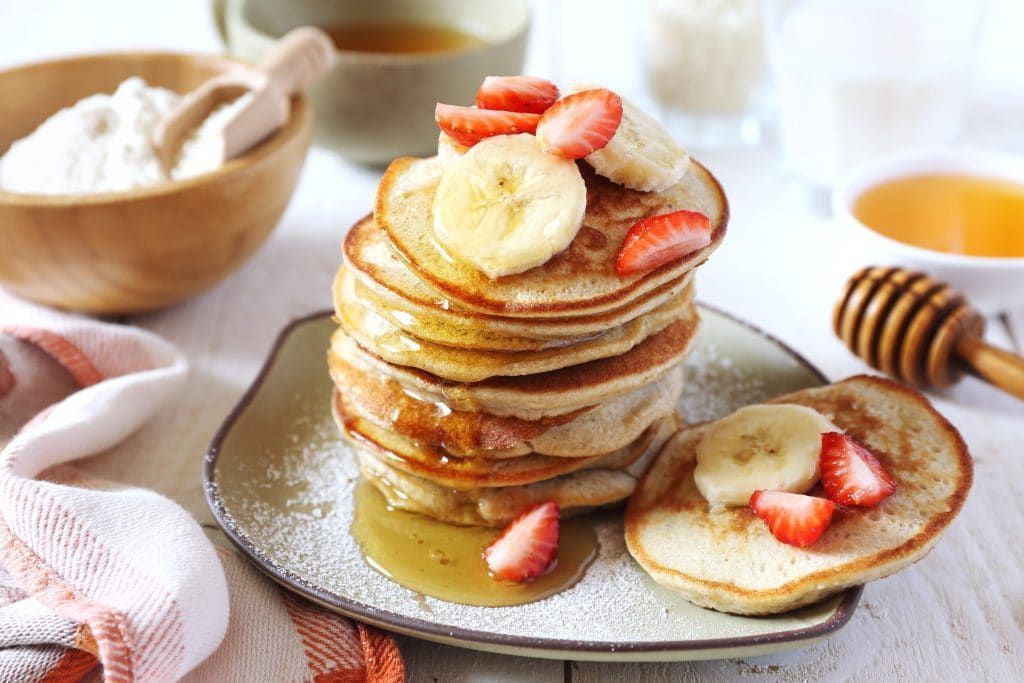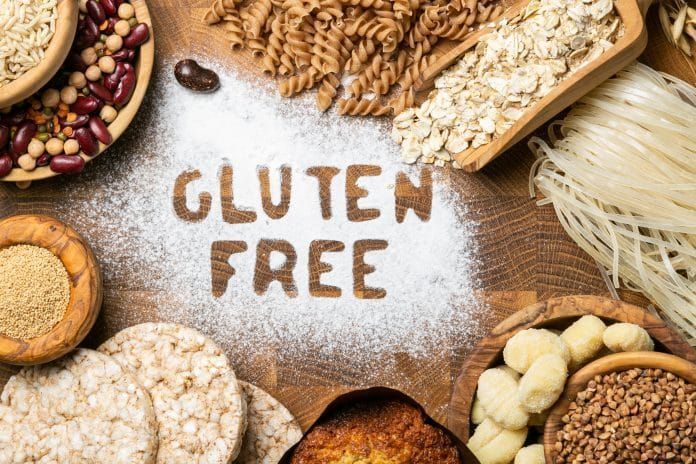How to compose a gluten-free breakfast ?
Gluten-free diets have become common. More and more people are discovering the’In order to limit the symptoms of gluten intolerance, it is advisable to eat in the area’adapting your diet. The usual breakfast foods are at the’If you like hiking, the park has several routes and it is possible to use gluten-rich ingredients (bread, pastries, etc.). How compose a healthy, balanced and gluten-free breakfast ?
Make a gluten-free breakfast: recipes to adopt
When’s you discover your intolerance, living without gluten can seem complicated and tedious. However, it is simply a matter of replacing foods containing gluten with similar foods that do not contain gluten’It does not contain any. For example, cut out wheat flour and use chestnut flour in your cakes.
At first, you will have to get used to the taste and texture of your preparations. Indeed, gluten is a protein present in cereals and their derivatives that give softness to food. Today’Today, there are more and better tasting alternatives.
For breakfast, you can focus on healthy foods those that cannot contain gluten: fried eggs, fruit, cottage cheese, bacon, cheese, oilseeds, etc. Bread can easily be replaced by homemade gluten-free bread or by gluten-free bread bought in a bakery. The recipes for gluten-free breakfasts are simple and delicious. You can fill up on energy without having to look at the composition of the food’For those who are in a hurry or who eat breakfast at the office, it is a good idea to start eating energy in the morning without looking too closely at the composition of the food.
For those who are in a hurry or who have lunch at the office, you should know that you can eat a lot of energy first thing in the morning without looking at the clock’there are gluten free cakes. They are however quite fatty and sweet..
Note: the symptoms of gluten allergies are immediate (abdominal pain, skin rash, etc.).). On the other hand, the’gluten intolerance (celiac disease) is more insidious. Symptoms vary greatly from one person to another’The symptoms vary from person to person, but often include unexplained fatigue, digestive discomfort, iron deficiency, mouth ulcers and sometimes neuropathy in adults.

Gluten-free breakfast: sweet or savory ?
Be allergic to gluten does not mean depriving yourself ! On the contrary, you will rediscover a healthier diet and you will feel better’energy. The gluten-free diet is healthy, especially if we emphasize the fact that you will avoid anything industrial ! You will be cooking more and more and in addition to removing gluten from your diet, you will be eating more food’Unprocessed foods are much better for your health. At the breakfast level, there are two schools :
- Salty gluten-free breakfast: gluten-free bread, proteins (eggs, bacon, ham), cheese spread, melted cheese or hard cheese.
- The sweetened gluten-free breakfast: you can keep the traditional combo of gluten-free bread (or pancakes, rusks) and jam or spread, but you can also vary with a yoghurt with honey, dark chocolate chips and a little salt’almonds. You can also prepare a porridge with cereal flakes’oats, milk (vegetable or cow’s milk) and a nice topping (red fruits, oilseeds, etc.).
Can I eat this type of breakfast without being gluten intolerant? ?
The symptoms of gluten-free eating’gluten intolerance can become disabling. You feel more aggressive, more anxious, more tired because of the intestinal reaction. A person who is intolerant to gluten will quickly feel the effects of the gluten-free diet.
It is therefore legitimate to wonder if a person who is not gluten-free should eat almonds’has no intolerance can adopt the same diet.
The studies conducted on this subject do not give an exact scientific answer. As far as breakfast is concerned, you can eat without gluten, even if you don’t’have no symptoms of gluten intolerance or allergy. Your digestion will be facilitated because gluten contains proline, a protein that is essential for the digestion of food’It is difficult to assimilate.
It is therefore likely that you will decrease the chances of’have a digestive crash (depending on what you eat). However, there is no evidence that eating gluten-free is better for your health if you don’t eat gluten’is not intolerant or allergic to.
If you are wondering about your tolerance or gluten intolerance, you can try a gluten free diet for a few weeks. Of course, it is better to be accompanied by a specialist (general practitioner, nutritionist, dietician).
